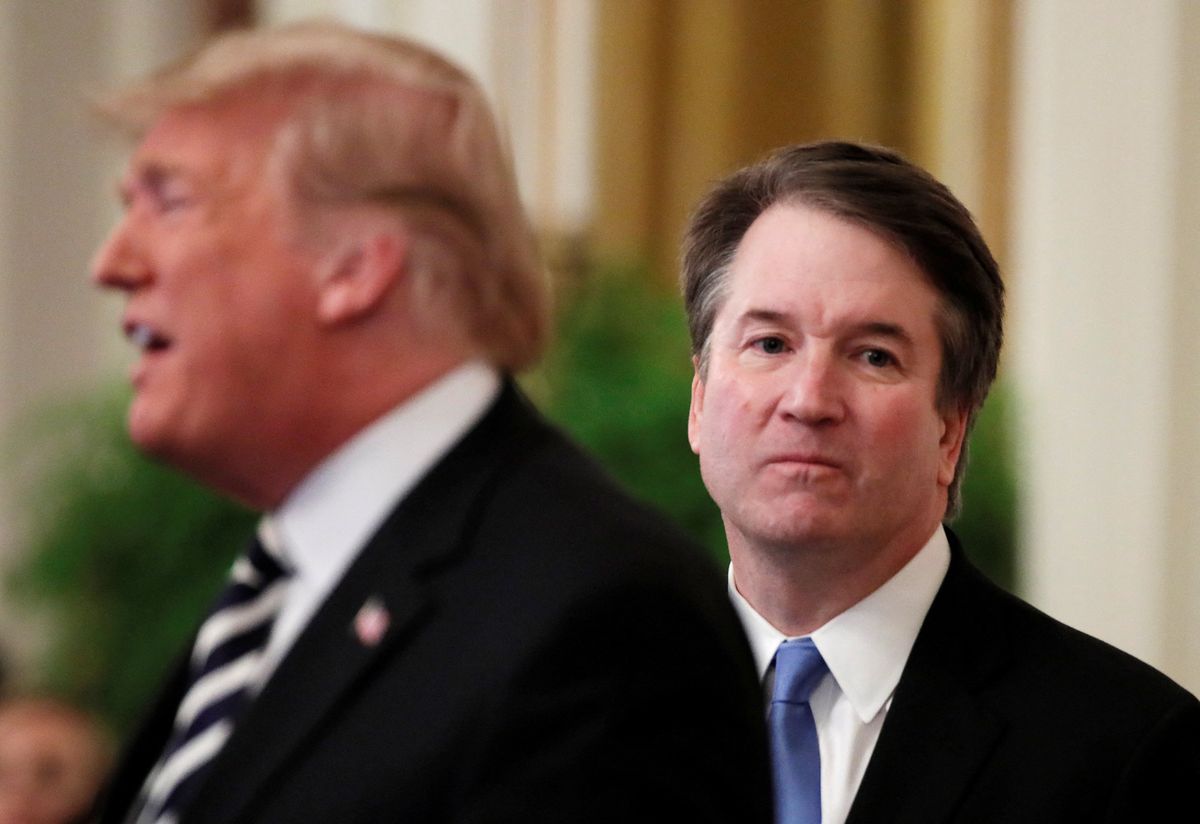
The U.S. Supreme Court case on President Donald Trump's tariffs will set up what's being described as an "epic clash" between two factions in the conservative legal movement.
Politico reported the case will pit one camp, which believes that presidents are entitled to extreme deference on national security and foreign policy, against another that mistrusts government interference in the free market.
“I think that some of the justices that matter are going to feel a bit torn,” said Jonathan Adler, a professor at William and Mary Law School. “What’s interesting here is that this case requires some of the conservative justices to confront a conflict between different strands of their own jurisprudence.”
The president is asking the justices to overturn decisions by lower courts that found he lacked authority under the International Emergency Economic Powers Act to impose sweeping tariffs against U.S. trading partners, and the court must decide whether to treat Trump's tariffs as economic policy or a function of international relations and national security.
“How this case comes out will depend in large part on what the frame or the lens on it is,” said Vikram Amar, a law professor at the University of California at Davis. “Is this a case about unbridled, unauthorized — at least not explicitly authorized — broad executive authority, or is this a case about presidential ability to discharge foreign affairs and national security responsibilities?”
Justice Brett Kavanaugh, who frequently cites his experience working in President George W. Bush’s White House after 9/11, may feel especially conflicted between his belief in a chief executive's authority to tackle international challenges and his skepticism about government meddling in economic affairs.
"Many experts consider Kavanaugh likely to lean toward blessing the tariffs, although his vote isn’t a sure thing," Politico reported. "Justices Clarence Thomas, Samuel Alito and Neil Gorsuch are thought by court watchers to be even more likely to uphold the tariffs. Assuming the three liberal justices vote against the administration, that leaves Chief Justice John Roberts and Justice Amy Coney Barrett in play, although under that scenario both Roberts and Barrett would have to join the liberals to assemble enough votes to strike down the tariffs."
The Trump administration's best hope for support among the liberal justices might be Barack Obama appointee Elena Kagan, who, like Kavanaugh, worked in the White House and has shown deference for a president's need for flexibility after serving under Bill Clinton.
“The center of the court is going to be especially interesting to watch,” said Roman Martinez, a former law clerk to Kavanaugh and Chief Justice John Roberts.
But Kavanaugh could be the deciding vote in this case, which Trump himself has described on Truth Social as "literally, LIFE OR DEATH for our Country."
“I think this case will probably split the conservatives,” said Cary Coglianese, a University of Pennsylvania law school professor.




